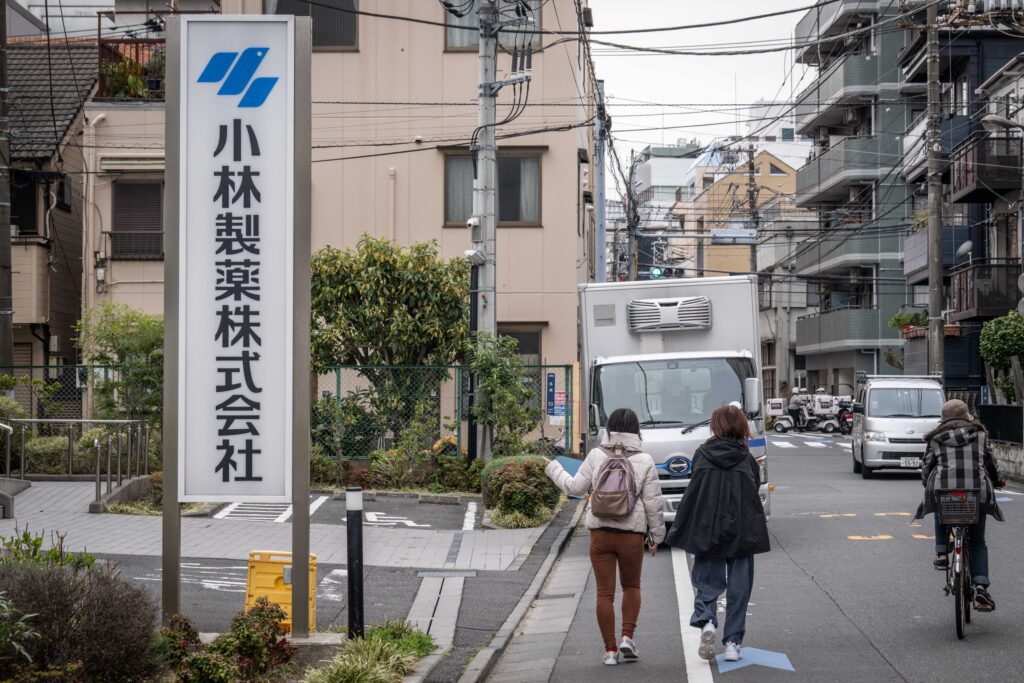
- ARAB NEWS
- 12 Jul 2025

TOKYO: Three people in their 70s are among the five people reported dead after taking a Kobayashi Pharmaceutical Co. supplement product containing “beni koji” red fermented rice, it was learned Tuesday.
According to a breakdown released by the health ministry and the Japanese Society of Nephrology, one of the other two patients is aged between 90 and 99, while the other’s age is unknown. The five comprised two men and three women, and three had pre-existing conditions such as prostate cancer, malignant lymphoma, and high blood pressure.
The society also released details of 95 people reported by Thursday to be suffering from health problems over Kobayashi Pharmaceutical Co. supplement products in a questionnaire survey sent to member doctors on March 27. There were 29 men and 66 women, and 43 were in their 50s.
The products contained beni koji, an ingredient created by fermenting rice with Monascus purpureus, a species of mold.
Most of the patients had symptoms characteristic of Fanconi syndrome, in which many renal tubules are damaged and vital minerals such as potassium and phosphorus cannot be reabsorbed. Excessive excretion of such minerals in urine can cause muscle weakness, dehydration, and osteomalacia.
There are congenital and acquired types of the syndrome. Drugs are believed to be one of the causes of the latter.
Tests on the patients have found cases of low levels of potassium and phosphorus in the blood and abnormalities, such as a positive result for urinary sugar.
A quarter of the patients underwent steroid therapy, but the remaining three-quarters merely stopped taking supplements.
Masaomi Nangaku, president of the society, said it is unclear whether there was a causal relationship between taking the supplements and deaths.
“We hope people who are worried visit hospitals as soon as possible and undergo kidney function tests,” Nangaku said.
JIJI Press